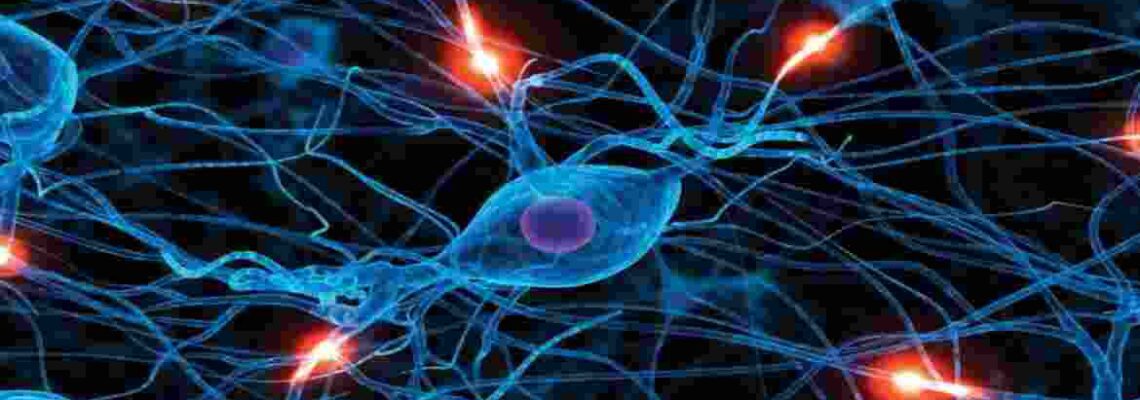
Why EyeCare Practitioners and Research Scientists MUST Make a Paradigm Shift for Glaucoma Treatment
- May 6, 2022
- 1 Like
- 1294 Views
- 2 Comments
As we once again mark World Sight Day, it is necessary as Eye Care Givers (ECP, Optometrists and Ophthalmologists), to understand new insights in the biochemical and physiological bases for Glaucoma. This is necessary to inform our need for a new focus and possibly, a paradigm shift in Glaucoma management, while still retaining other conventional and effective means of management.
As we all know, Glaucoma is a neurodegerative disease with both ocular-visual and neural manifestations. While in the last two decades, medical interventions have focused more on the manifest ocular-visual effects, such as IOP control, Retinal Sheathing etc., little or no intervention has been done with respect to the neural pathophysiology of Glaucoma.
This article therefore, focuses on the role of excitotoxic environment created by specific neurotransmitters in the development of glaucomatous neurodegenerative disease of the glanglion cells.

EXCITOTOXICITY
It is a medical known fact that Glaucoma Patients’ Vision Continues to Degenerate even at Controlled IOP.
It is established fact from research studies that the activity of Muller cells plays a critical role in maintaining transport systems in the retina by keeping the normal excitatory protein glutamate at low levels. And it has also been established that the excitatory protein glutamate, is linked to apoptosis at the post-ganglionic level by a cascade of biochemical events
In response to hypoxia or ischemia due to high IOP, ganglion cells’ primary response is the excessive production of glutamate which overrides the control of Muller cells.
The resulting high levels of glutamate in the neural microscopic environment stimulates a biofeedback mechanism resulting in over stimulate of N-methyl-D-aspartate receptors that lead to a molecular cascade of reactions that eventually lead to apoptosis.
In the ganglion cells, calcium channels open up creating influx and buildup of calcium. These activate the enzyme nitric oxide synthase leading to the formation of excessive levels of nitric oxide and finally, cell death.
Excitotoxicity, a process in which neurons are stimulated to death, involves mainly glutamate and excessive levels of nitric oxide in the optic nerve head (ONH) and the vitreous of patients with POAG.
Although lowering IOP may remove the primary mechanical or vascular insult to the ganglion cell axons of the retina, destruction of the surrounding tissues (secondary axonal degeneration) continues because of the creation of an excitotoxic environment and the result is continued apoptostic neural cell death.
One of the main aims of modern glaucoma therapy is to alter the intraocular pressure, either surgically or pharmacologically. Since it has been confirmed that the vitreous of glaucoma patients contains increased levels of glutamate (27 microM as compared to 11 microM in controls). This concentration of glutamate is sufficient to induce retinal ganglion cell death
This explains why most glaucoma patients continue to show tissue damage even after IOP is reduced to a level that would otherwise be expected to control the disease process.
Following this insight therefore, as vision care givers, ocular Pharmacologists, ophthalmic clinicians etc, our focus should be on eliminating or reconditioning the excitotoxic tissue environment, pharmacologically or otherwise as adjunct treatment to IOP regulation in Glaucoma management.
This will be possible following a comprehensive understanding of the excitotoxic processes.



2 Comments
SEO for Website Speed
Everything is very open with a precise explanation of the issues.
It was truly informative. Your site is very useful.
Many thanks for sharing!
Tyrone
Fantastic site. Plenty of useful information here.
I am sending it to several buddies ans also sharing in delicious.
And certainly, thanks to your effort!
Here is my blog post :: link building Images